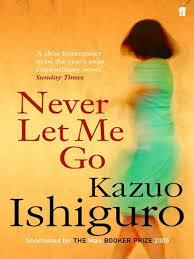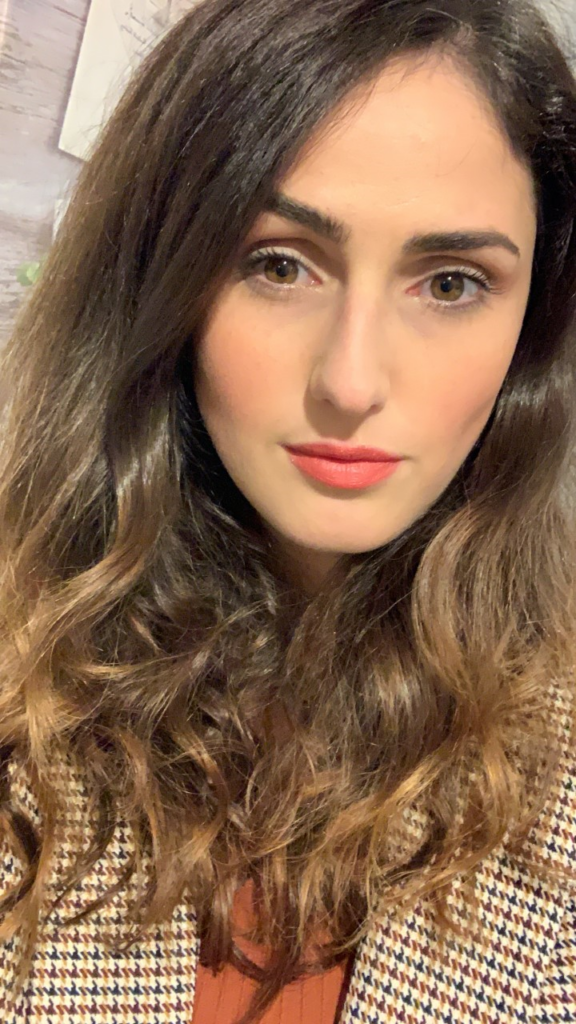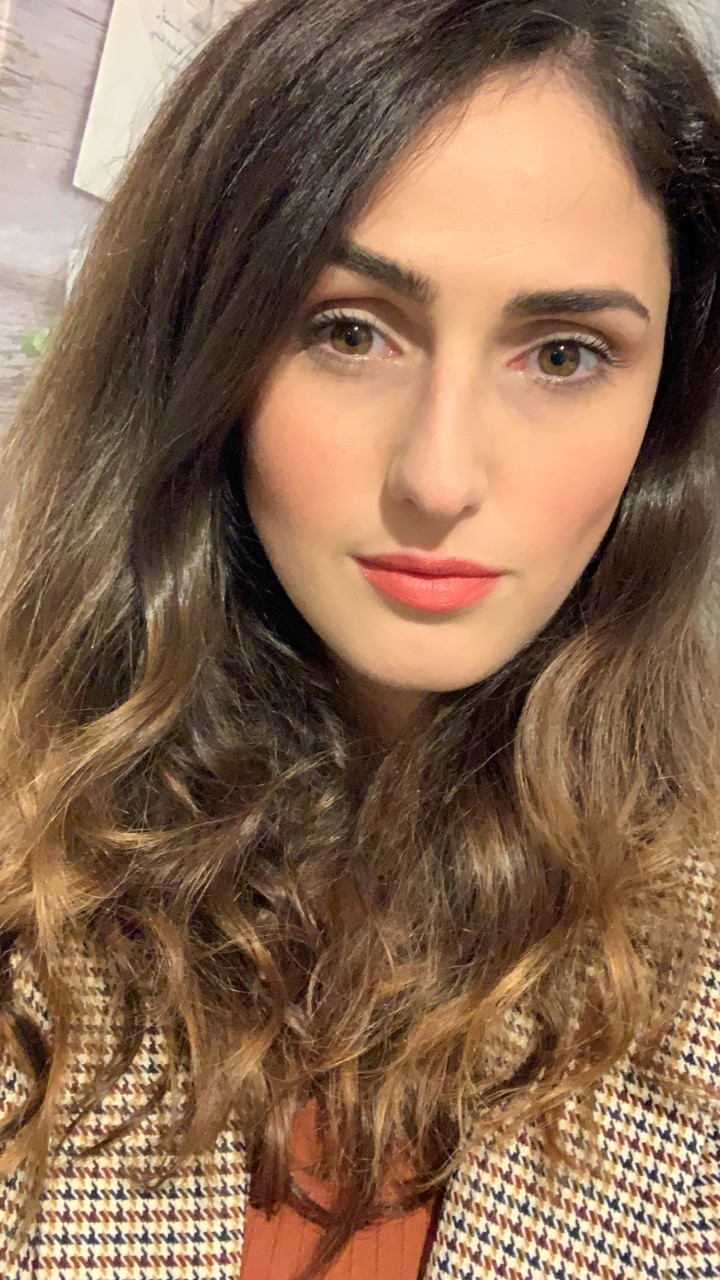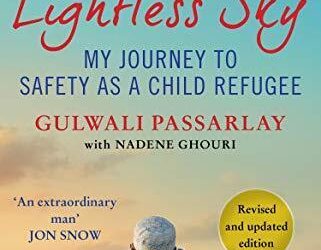Discover deeply personal insights of three established and acclaimed authors reflecting on being a migrant and how their experiences influence their writings.
On National Writing Day, TogetherintheUK want to celebrate some of the amazing writers who are immigrants in the UK.
We will hear three established writers’ reflections on being a migrant, and Nour Morjan’s (an up and coming poet from Syria whose first book will be published in November), insights on getting published.
Writing from a migrant’s perspective and the idea of home
Today we celebrate three of the UK’s most successful writers; Kazuo Ishiguro, Okinyo Braithwaite and Inua Ellams.
All three of these writers have had amazing careers. It is fascinating to hear them speak about being migrants and the common themes of home and belonging that frequently appear across their work.

Kazuo Ishiguro has written many beautiful books including ‘Never Let me Go’, which was named on Time magazine’s list of the 100 greatest English language novels. He won the Nobel prize for literature in 2017. In his acceptance speech Kazuo spoke about coming to the UK from Japan when he was five, and how he has always been trying to recapture the feeling of home in his work. He said:
“In my mid-twenties I was starting to accept that “my” Japan didn’t correspond to any place I could go to on a plane. The Japan that existed in my head might always have been an emotional construct put together by a child out of memory, imagination and speculation. And perhaps most significantly, this precious place I’d grown up with–was getting fainter and fainter.”
Okinyo Braithwaite, who was long listed for 2019’s Booker Prize with her novel ‘My sister, the serial killer’, feels that we haven’t moved too far beyond Binyavanga Wainaina’s satirical essay ‘How to Write About Africa’, published in 2005. She told The Guardian:
“The idea that writers can represent some universal Nigerian experience is a chimera, when a universal Nigerian experience simply doesn’t exist. I wouldn’t want to write a novel and people feel that I’m speaking to a Nigerian experience – I’m speaking to my experience, to the things I’m interested in, and that’s all I can do.”
Inua Ellams is a theatre maker and poet, probably most famous for his production ‘The Barbershop Chronicles’, which was recently streamed to hundreds of thousands of people by The National Theatre. In 2017, he toured his production ‘An Evening with an Immigrant’ to great success. The show focused on his family’s worrying immigration status, which was up for renewal later that year.
Inua has spoken out about the difficulties of knowing where you fit. He told The Guardian:
“Among Nigerians I’m known as Oyimbo boy – which means foreigner – but I definitely don’t feel British enough,” he says. “London is the closest I’ve ever been to home.”

As well as celebrating some of the biggest names in literature, we wanted to find out how you can take your first steps to getting published. We spoke to Nour Morjan, an emerging poet from Syria. Her first book ‘I’m the power you undermine’, will be published on 16th November. We spoke with Nour about her poems, and how she got her work published.
Tell me about your poetry. Are there themes that pop up frequently in your work?
I write my poems on the go – on the bus, between lectures; whenever it feels right to express my emotions through poetry.
A common theme in my work is feminism. I grew up with four brothers and could be a right handful with my Mum; there was no stopping me doing what the boys were doing! It was only when I came to the UK I learnt the word ‘feminist’ and it summarised so much of what I had been feeling during my teenage years in Syria.
Ellams, Braithwaite and Ishiguro all reflect on home and belonging in their work. Do you explore this in your work too?
Yes, I do explore both of these ideas in my poems. For me, moving to a different country meant accepting the loss of where I once belonged. Then I started to realise that, on a deeper level, this loss has paved the way for me to become aware of the fact that belonging is subjective and has no fixed definition. Eventually, I started to think of myself as a global citizen. Belonging is what you create for yourself. It took me some time to reach this conclusion and I found poetry and writing are my way to explore and express a deeper sense of belonging.
How did you go about getting your poems published?
I met my publisher (Victorina Press) at a refugees’ event in Shropshire. I had performed one of my poems, and she approached me to tell me that my work was great. It was a real surprise and incredibly validating.
What tips would you give to an up and coming poet who wants to get their work published?
From my experience, it’s all about building relationships. My advice would be to go to relevant events like writers’ groups, poetry or spoken word evenings or refugee support networks – there are often poetry readings at that sort of event.
Don’t be afraid to go and talk to people, even if you are worried about your English. The best way to learn is through practice, and people are generally really patient and kind. You never know where these conversations will lead, so just go for it.
Be open about your work and be willing to share it. Feedback is so important, and you never know who will be in the audience. If you are shy about going to events, post your writing on social media; Instagram can be great.
Finally, know the value of being a migrant. You are bringing a different outlook – celebrate that.
Thank you so much for talking with us Nour, and good luck with your publication!
Other ways you could get your work published
Relationship building is one of a myriad of ways you could try to get your work published. Some other things you could think about are:
- Submitting your work to writing competitions. There are loads out there. They are highly competitive, but somebody has to win it, and that person could be you. Get onto google and find the right competition for you. Just remember to pay close attention to their criteria so you know your work is suitable for them. Sometimes the prize will be that your work will be published, sometimes it is a cash prize or mentoring. Either way, it is great for your CV and will add credibility when you approach literary agents.
- Getting in touch with literary agents. We would recommend you read ‘How to get published: A Guide for Writers’ from Penguin Publishing. It includes a brilliant section on how to write a submission letter to an agent. You can read it here
- You can self-publish your work, and then promote it yourself. One thing to remember – never pay a publisher to publish your work.
- Subscribe to the society of authors for industry updates. You can find out more about them here
Do you have stories to share? Would you like to develop your writing skills?
We will be holding a free storytelling workshop with Martin Plaut, on Thursday 2 July, 6 – 6:45pm. Martin is an expert on the Horn of Africa and a former BBC journalist. He is currently Senior Research Fellow at the institute of Commonwealth studies. You can book here: https://us02web.zoom.us/meeting/register/tZcodu-trzMtHtfAWynBx5f0_5gqcP7EKSjr
You can find out more about Nour here:
Instagram: @Nour.Jordan







